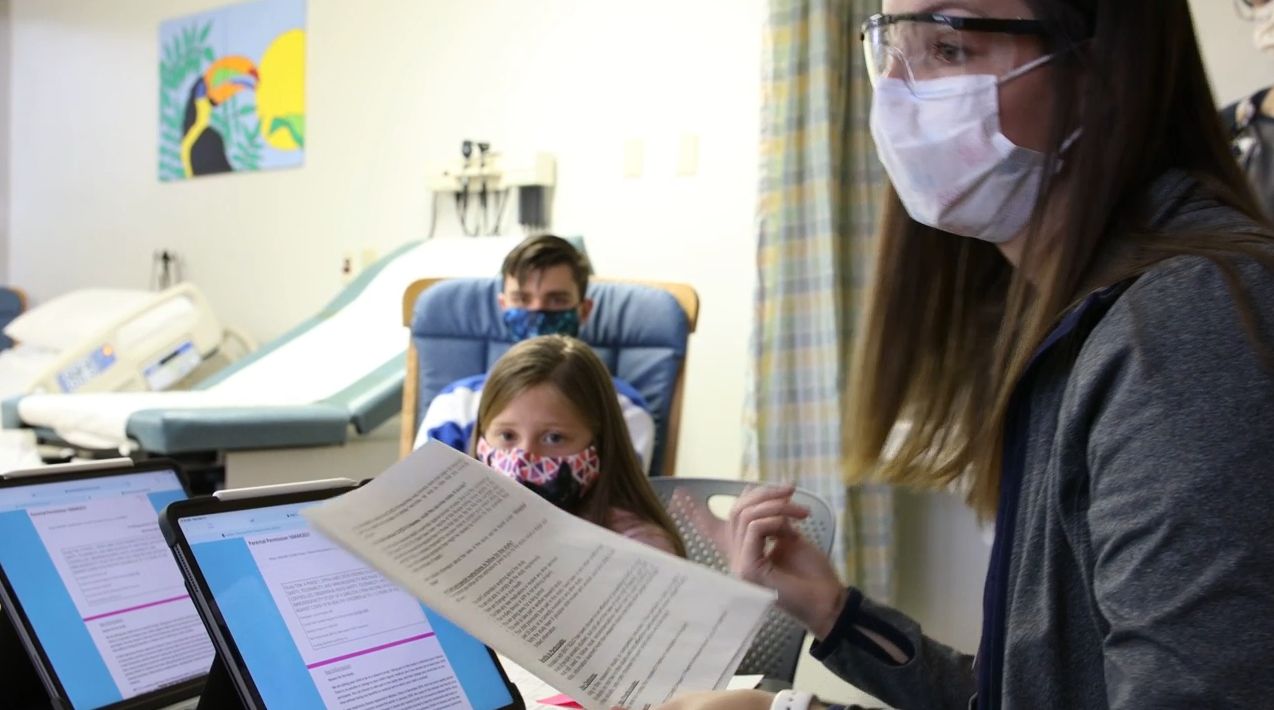PASADENA, Calif. — Since the creation of the genre, horror has relied on makeup artists to transform actors into terrifying creatures. But today, industry professionals such as Missy Munster of MMFabrications worry their work may be impacted by advancing technologies and automation.
"The computer is a machine. It's a robot," Munster said. "It doesn't contemplate emotion like we do. When you see something that people put a lot of time and a lot of energy into, it translates on screen."
Visual effects are nothing new. In the 1970s, movies such as "Westworld" and "Star Wars: A New Hope" used computer-generated imagery. But as those technologies continue to improve, the entertainment industry opts to use those digital innovations over the practical work of artists.
According to market analysis company Expert Market Research, visual effects is a nearly $10 billion industry, with that evaluation set to jump to $18 billion by 2028. Anxieties around advanced computing are widespread across the entertainment industry, as seen in the requests of striking writers demanding limits on AI work.
Professionals like Missy see some value in automation, as long as human artistry is maintained.
"I think there's a good merge of practical and visual effects," she said. "But visual effects should be used sparingly. Computers take the humanity out of art, and I think it's really important that we keep humanity in it."
Munster believes there will always be a place for practical artists and says she has already seen resurging interest in makeup effects in response to overly digitized blockbusters. Even still, she says entertainment workers should beware of monsters like automation lurking around the corner.



